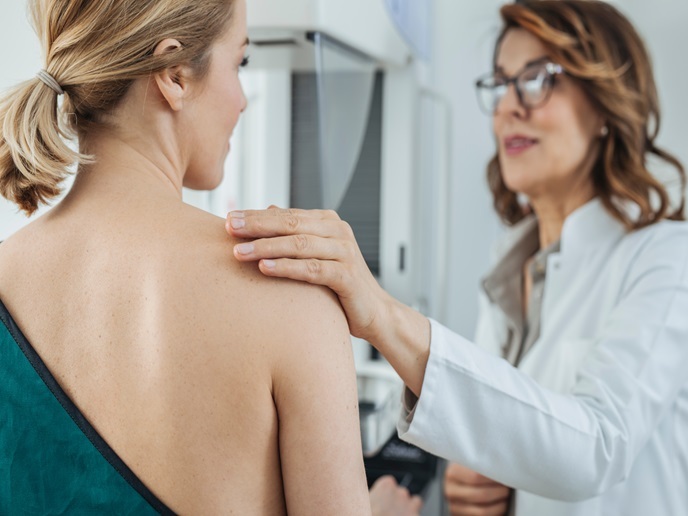Nanotechnology and organoids: advancing breast cancer research
Advancing our understanding of breast cancer biology is central for personalised medicine and the development of more effective treatments. Specifically tailored from a patient's tumour cells, breast cancer organoids offer a precise replication of breast tissue and tumours, surpassing the limitations of traditional 2D cell cultures. This advancement presents an invaluable in vitro model for dissecting breast cancer biology and exploring novel treatment avenues. The emergence of organ-on-a-chip(opens in new window) technology has revolutionised in vitro disease investigation and drug discovery. These microchips mimic human organ structures by arranging living cells to simulate organ functionalities, including the complexity of breast tissue. To emulate the dynamic physiological environment of organs and facilitate cell-to-cell interactions, microfluidics technology(opens in new window) plays a pivotal role.
Biomarker real-time monitoring in organ-on-a-chip systems
The aim of the BITFORM project was to advance existing organ-on-a-chip systems for drug discovery purposes by introducing real-time monitoring of cell biomolecular secretions. This information is necessary when developing a disease model– for therapies monitoring as well as for efficacy and toxicity tests in new drug approval processes. The research was undertaken with the support of the Marie Skłodowska-Curie Actions(opens in new window) (MSCA) programme and involved the engineering of a multi-module platform that comprises a breast cancer-on-a-chip connected to a biosensing module for real-time biomarkers detection. Assessment of cells included in organ-on-a-chip has traditionally been performed through the direct observation with a microscope of labelled biological molecules. “BITFORM relied on a label-free optical biosensor offering high sensitivity detection of breast cancer biomarkers in real-time,” explains the MSCA principal investigator Miguel Holgado.
A breast cancer ecosystem of novel design
The team specifically designed a breast cancer ecosystem-on-a-chip where the 3D breast cancer tissue emerged from the co-culture of breast cancer cell spheroids and breast epithelial cells. Comprising a fluidics chip for optimal liquid flow and a physiological sensing module for monitoring oxygen, temperature, and pH in the cell culture media, this ecosystem supported the viability and growth of co-cultured spheroids over extended periods. The incorporation of a label-free optical biosensor based on resonant nanopillars allowed the simultaneous detection of multiple low-concentration biomarkers, including Interleukin-8 (IL-8). This technology showcases enhanced light absorption capabilities for detecting molecules at minute concentrations.
Enhancing drug research and development
Cell-based models often fail to faithfully predict drug responses observed in subsequent clinical trials. With the rising incidence of cancer cases, there's a pressing demand for an engineered system that can precisely forecast how a patient's tumour will respond to anti-cancer drugs. “With its label-free real-time measurements, the BITFORM platform can monitor up to 10 different compounds in one single test, expediting the anti-cancer drug assessment process,” emphasises Holgado. Holgado envisions an even more sophisticated future, one where a multiplexed system detects 100 biomarkers and utilises machine learning for data processing and personalised treatment plans. With its simplicity, minimal sample requirement, minimal drug wastage, and cost-effectiveness, this platform has the potential to transform anti-cancer therapy testing.







